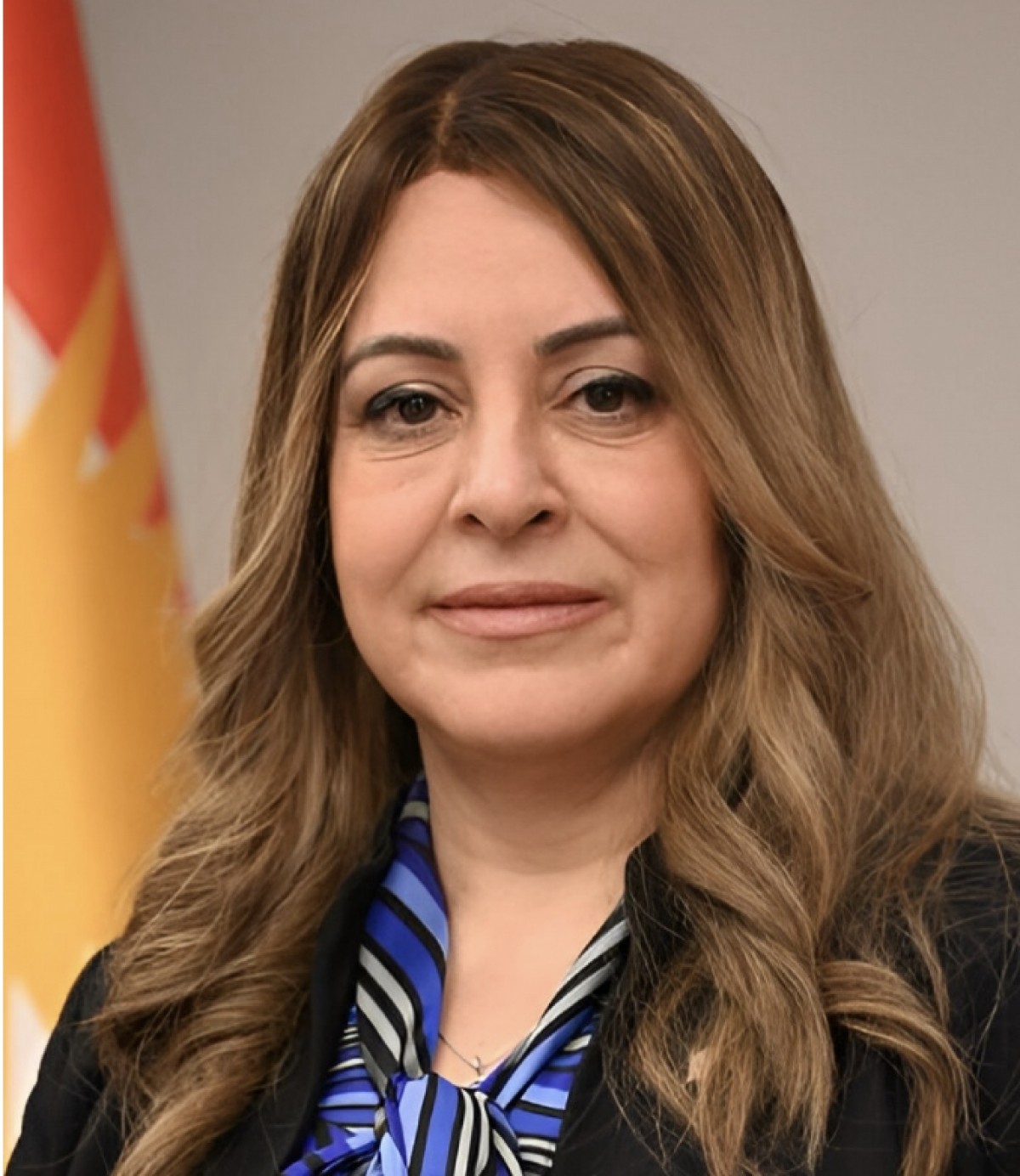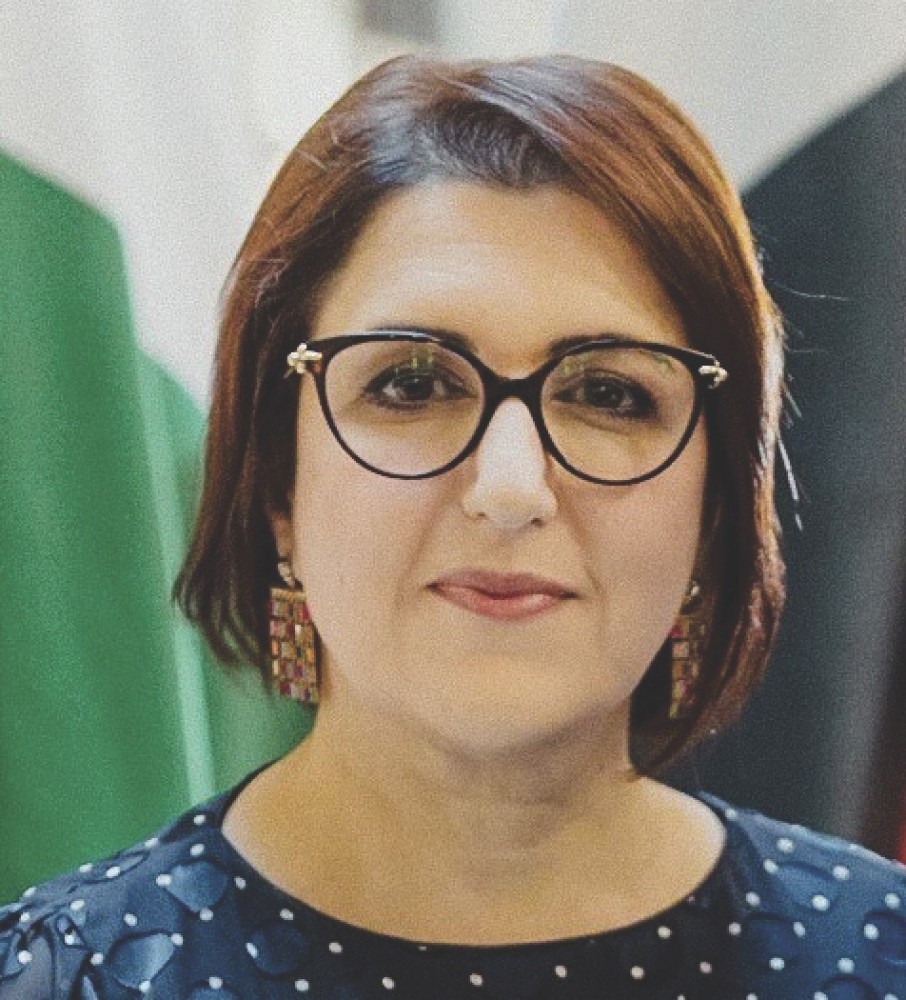Every terrorist attack is shocking by its very nature. The February 1, 2004 attack was particularly appalling as it took place on the first day of Eid, as well-wishers – including children – were being greeted by political representatives, and flowers and sweets were exchanged along with good wishes, warm hugs, and handshakes.
It was a sunny morning in Erbil on February 1, 2004. Iraq had been liberated less than a year earlier and there was hope in the air, hope that a new Iraqi constitution that was being drafted would heal the wounds of the past. There was a real chance that we could all live in a new federal, democratic Iraq as equal citizens, something that millions had dreamed of, yet never dared hope.
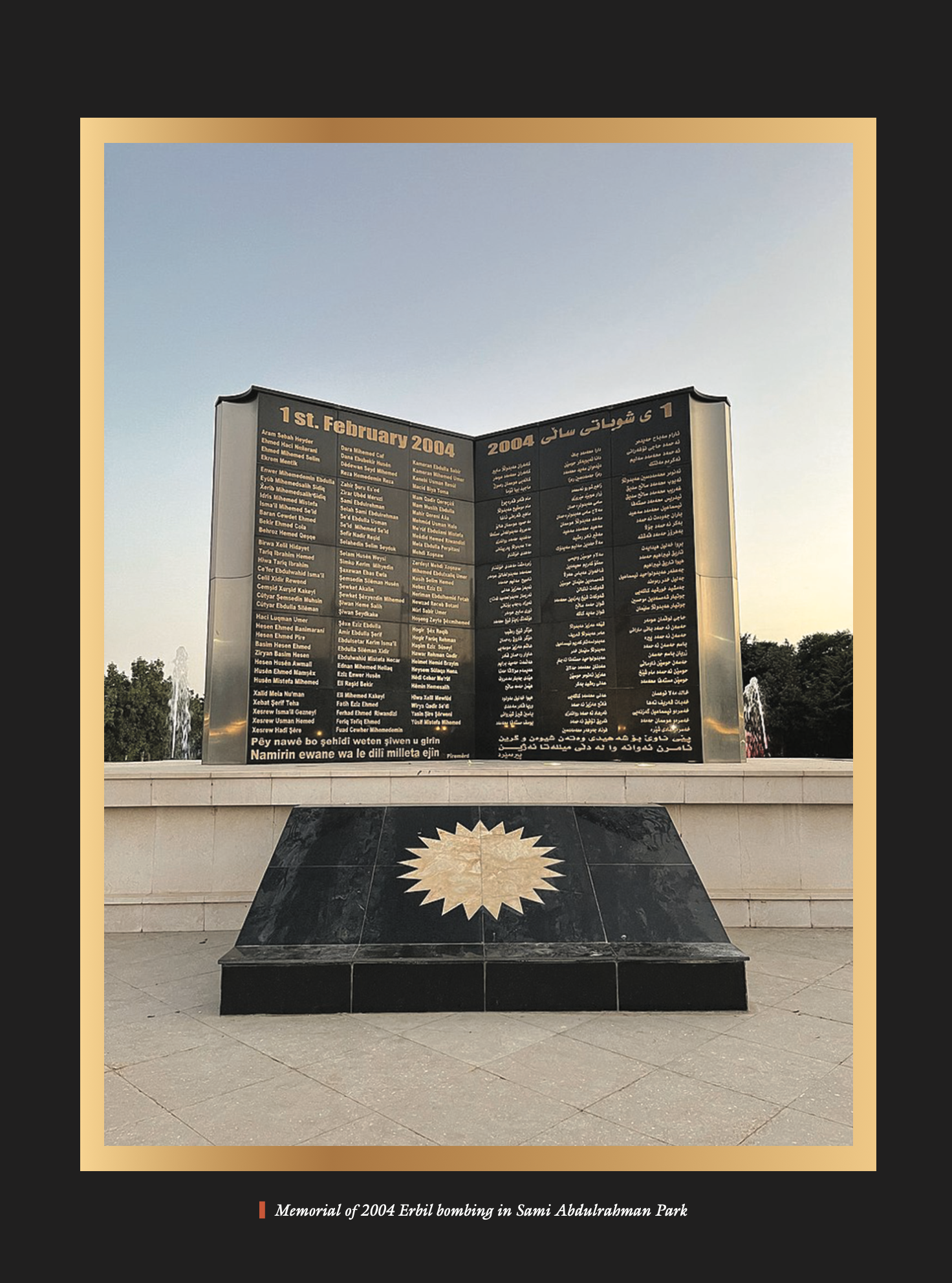
For my father, Deputy Prime Minister Sami Abdulrahman, and my older brother Salah, it was the start of what was supposed to be their planned week of time together. Salah had traveled to Erbil from his home in London to attend the funeral of a beloved uncle who had just passed away, and to spend time with his father.
That morning, father and son took a short and pleasant walk in the park that today bears my father’s name. This new park was still under construction and had yet to open to the public, but it had become my father’s pet project. He took delight in every flower, tree, and shrub as if it were one of his children and enjoyed debating with the gardeners about the best type of soil to use and when to water the plants.
After their short stroll, they headed to the Kurdistan Democratic Party’s (KDP) second branch headquarters across from the park to join in the Eid celebrations and meet old friends, party colleagues, and visitors.
Less than an hour later, a suicide bomber belonging to the terrorist group Ansar Al-Islam walked into the KDP branch headquarters, while simultaneously an associate did the same at the Patriotic Union of Kurdistan’s Erbil branch less than a mile away. The two terrorists joined the lines of visitors to shake hands with party officials and detonated their vests of explosives within seconds of each other.
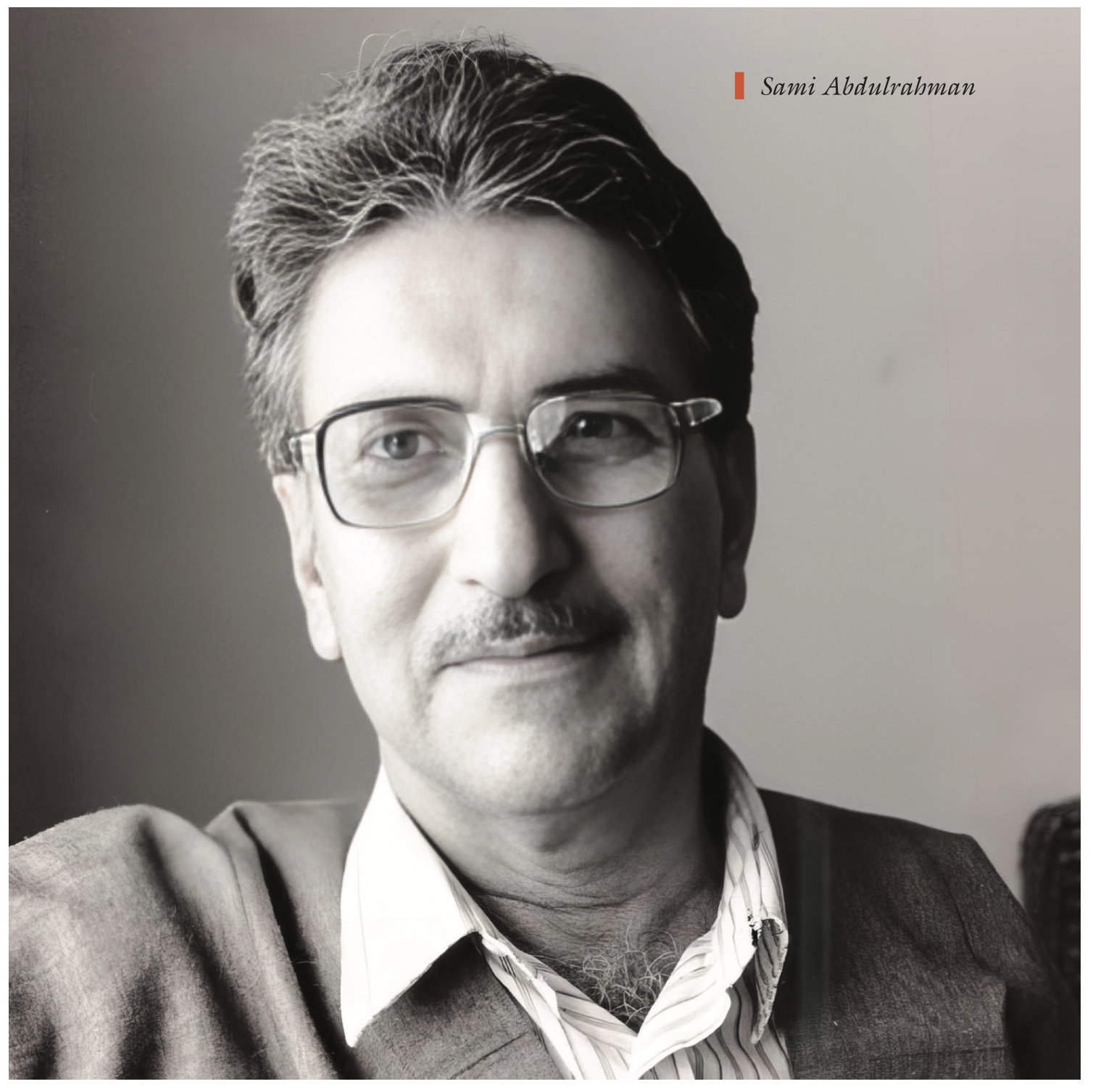
“We must strive forward”
What happened that morning – the shocking massacre of more than 100 men and boys and the wounding of hundreds more – shook the Kurdistan Region and reverberated around the world.
Although the Kurdistan Region had suffered terrorist attacks in the past, this was the first time a suicide bomber had walked into a crowded space and killed themselves along with as many innocent people as they could. It was the first time that this kind of indiscriminate and cowardly assault on civilians had taken place in our homeland.
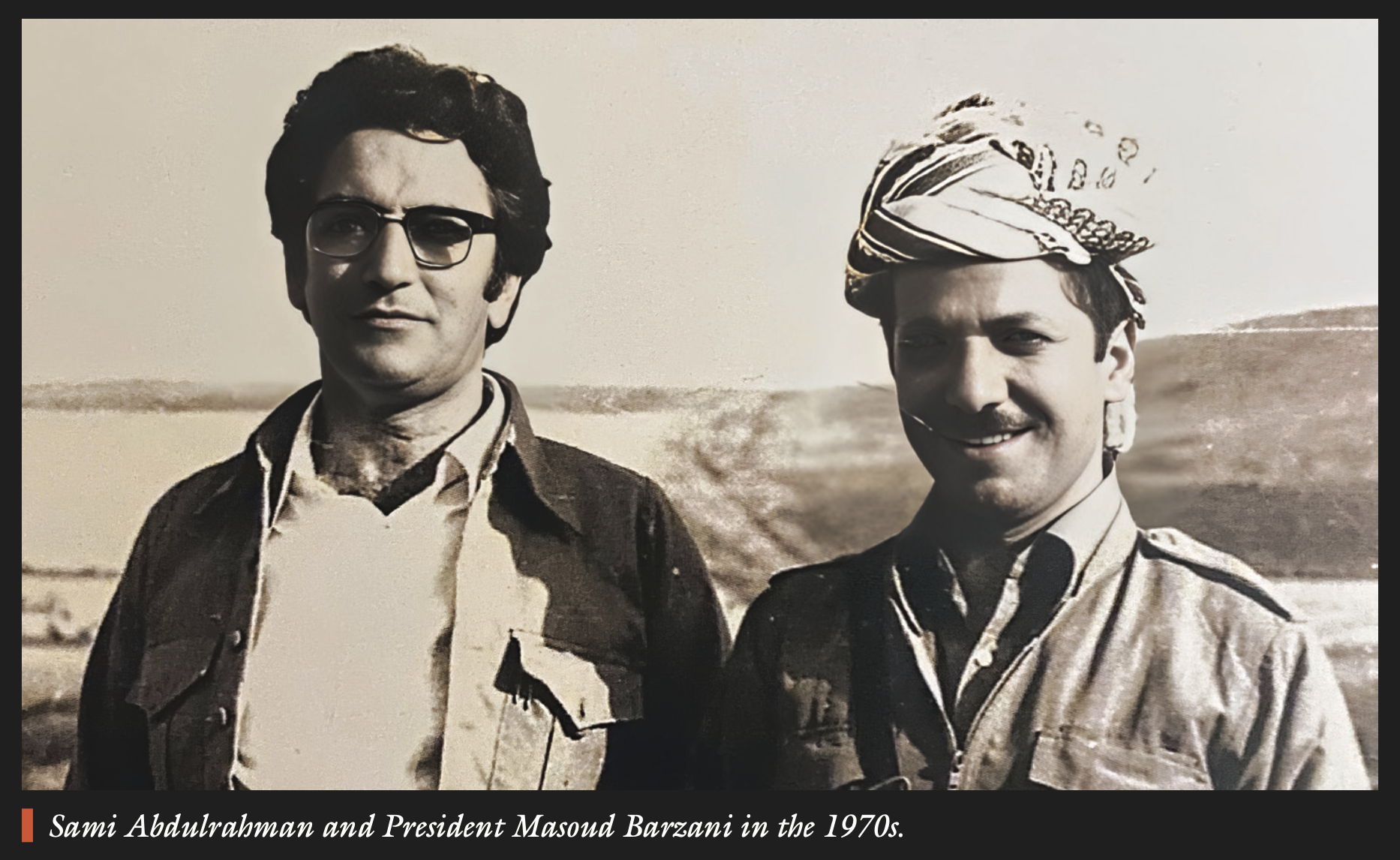
What was not new was the response of our nation. After the initial pall that fell over the Kurdistan Region that bitter winter, our people’s will, resilience, and determination could not be cowed and sparked into motion. Even as my mother – like dozens of other mothers that day – grieved the devastating loss of her beloved son Salah and her husband of more than four decades, she was more resolute than ever that Kurdistan would not bow down in the face of terror.
She knew courage well, for her generation of women was the backbone of the Kurdish liberation movement and its unsung heroes.
“Freedom is not free,” she said, as she picked herself and her family up. “We can grieve but we must also strive forward.”

She spoke as the wife of a man who had been a peshmerga, a political leader, and statesman, and as the loving mother of a fine man that she had cherished with all her heart.
That sentiment was echoed across the Kurdistan Region, by those whose sons, brothers, and fathers were killed and wounded that day, and by those who had lost loved ones in the Kurdish struggle against dictatorship and in the genocides perpetrated by Saddam Hussein’s regime. We stand firm, we carry on, and we serve our nation.

Today, Sami Abdulrahman Park blossoms in the heart of Erbil and is a place for quiet walks, joyful wedding celebrations, and children’s laughter. The monument to the victims of the February 1, 2004 terrorist attack stands tall and bears their names with pride. Every year, the Prime Minister of the Kurdistan Region, officials, and diplomats join the families of the victims in a ceremony of remembrance.
Much has changed in the two decades since that tragic day; what remains constant is our collective will to protect our beloved homeland and to keep building a brighter future.
About Sami and Fawzia
My father, born in Sinjar, studied engineering in the UK and joined the Kurdistan Democratic Party in 1961 under the leadership of Mala Mustafa Barzani, the leader of the Kurdish nation.
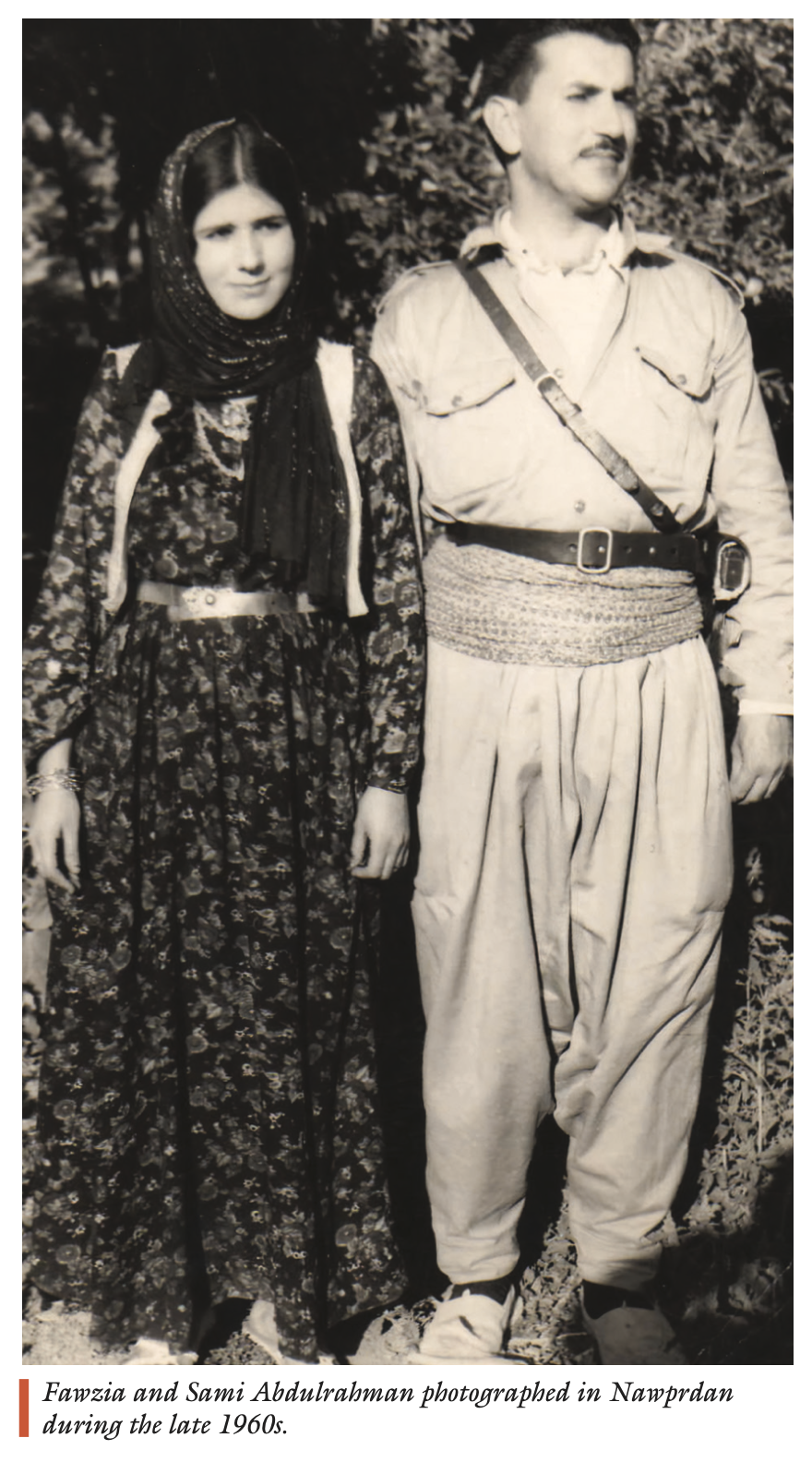
He quickly rose through the ranks and became part of the KDP’s leadership and chief negotiator, playing an instrumental role in the 1970 Autonomy Agreement between the Kurds and Iraqi government. He became one of the Kurdish ministers in the Iraqi cabinet, which was part of the agreement. He and my mother, Fawzia Amin Abdulrahman, were both sentenced to death in absentia by a Baathist court in 1974.
In later years, my father formed his own political party, the Kurdistan People’s Democratic Party, which eventually united with the KDP and my father rejoined the party under the leadership of President Masoud Barzani.
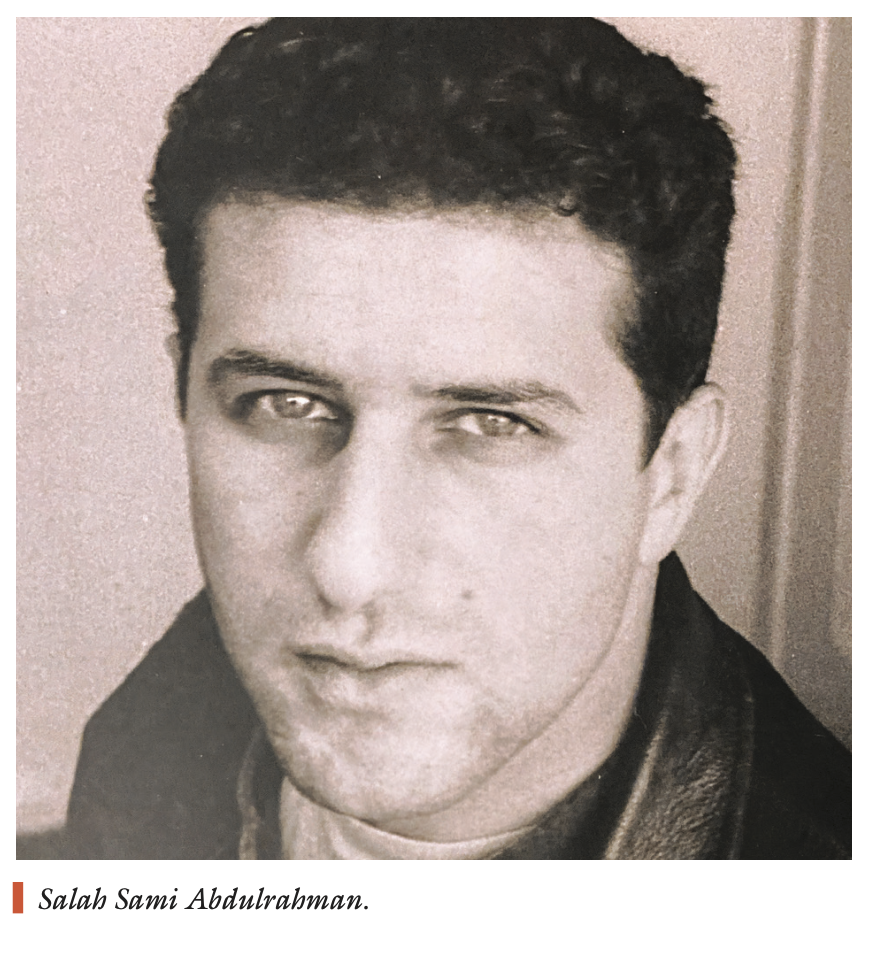
Like other Kurdish parents, my father and mother instilled a sense of pride in our nation that could not be shaken. In their different ways, my parents faced numerous challenges and made sacrifices, but no sacrifice was too great for the love of their homeland and they never complained of the hardships they endured. In that way, they were typical of their generation and an example to ours.
About February 1st
Other party and government figures were also martyred that day, including Shawkat Sheikh Izzedin, Saad Abdullah, and Mehdi Khoshnaw, while at the PUK branch headquarters, Adnan Mufti, a member of the PUK leadership, was injured and many others were killed and wounded.
Perhaps the terrorists who attacked Erbil on February 1st, 2004, thought they would terrorize the people of Kurdistan into submission, but to the contrary, they reawakened the spirit of unity and strength of purpose.
Bayan Sami Abdulrahman is a Senior Advisor to Prime Minister Barzani for Foreign Affairs and Climate Change.
